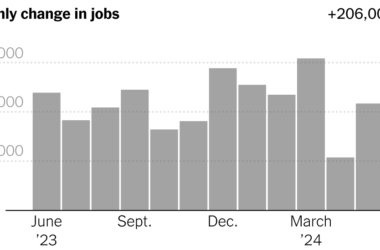A study published Wednesday in JAMA Health Forum has revealed that racially segregated hospital care has resulted in higher mortality rates and life-threatening hospitalizations for both Black and White patients.
The study, conducted by six researchers from St. Louis and Minneapolis, analyzed 2018 Medicare claims data for 4,386 hospitals across 280 metropolitan areas. They found that in many cities, Black and White public health insurance beneficiaries received care at hospitals matching the racial demographics of their respective neighborhoods, leading to “worse health outcomes” for both racial groups in more segregated hospitals.
This correlation supports emerging evidence suggesting that informal racial segregation is a significant factor contributing to health disparities.
The researchers suggested that policymakers and clinical leaders could address this issue through payment reform efforts, expansion of health insurance coverage, and upstream efforts to reduce racial segregation in hospital care and residential settings.
The study also found that racially divided care was most prevalent in Midwestern hospitals, particularly those with sharper residential segregation, higher median income, more rural patients, and more hospitals.
In more racially isolated hospitals, Black patients under 75 years old experienced 28% more acute hospitalizations, 15% more chronic hospitalizations, and 6% more deaths per 100,000 Medicare recipients than the national median. Meanwhile, White patients under 75 in more segregated hospitals experienced 6% more acute hospitalizations, 8% more chronic hospitalizations, and 3% more deaths than the national median.
The study also identified the most racially segregated hospital markets, ranking Washington, D.C.; Detroit, Michigan; St. Louis, Missouri; Indianapolis, Indiana; and Minneapolis, Minnesota as the top five, and San Antonio, Texas; Orlando, Florida; Tulsa, Oklahoma; Houston, Texas; and Charlotte, North Carolina as the least segregated hospital markets.
The study did not include data on Hispanics, Asians, or other racial groups.
The researchers chose to focus specifically on non-Hispanic Black and non-Hispanic White segregation due to the long-standing and deeply rooted anti-Black racism in the US that has imposed a more rigid and persistent divide between Black and White groups than other racialized groups.








